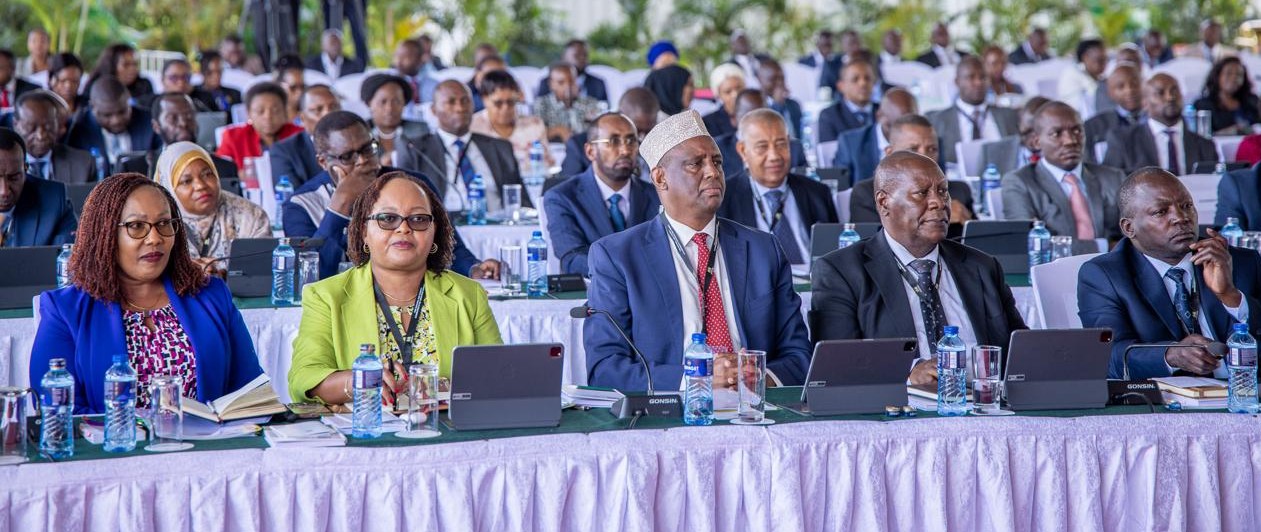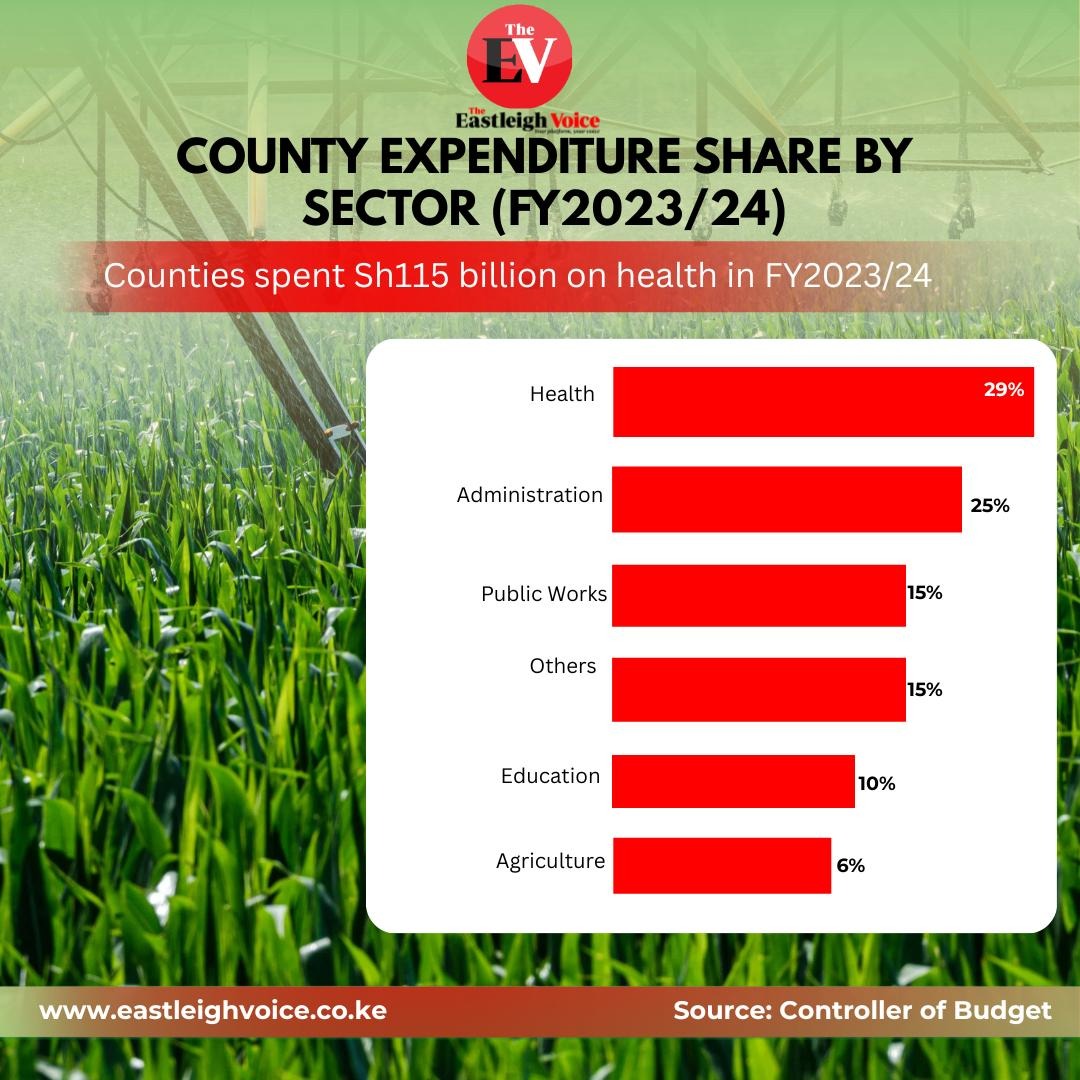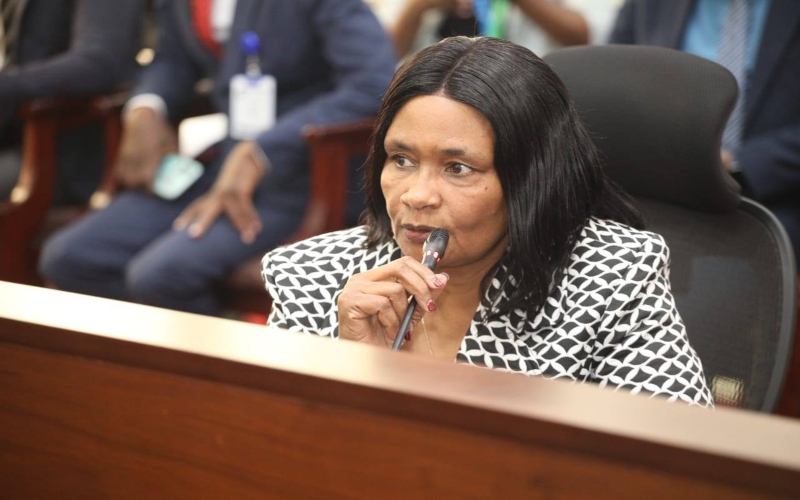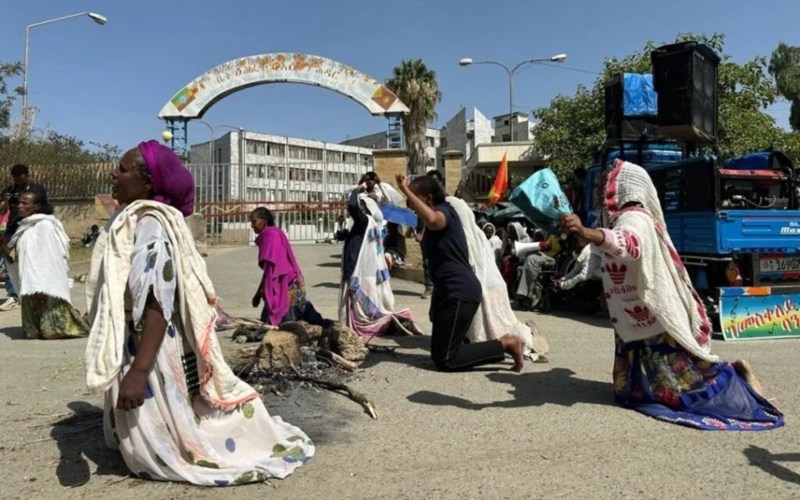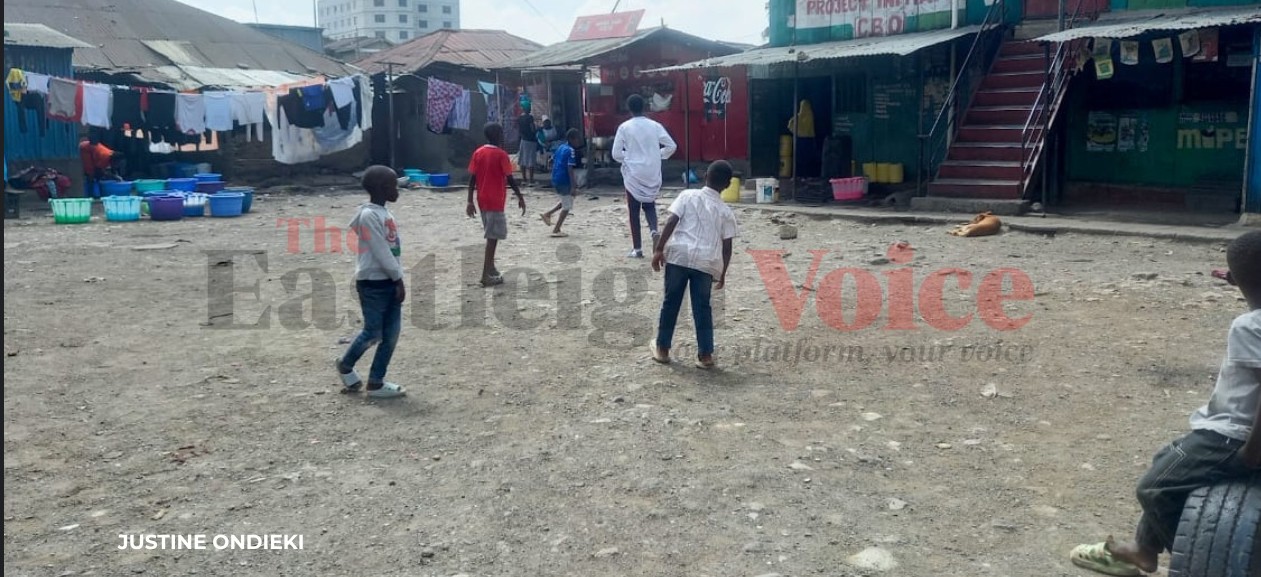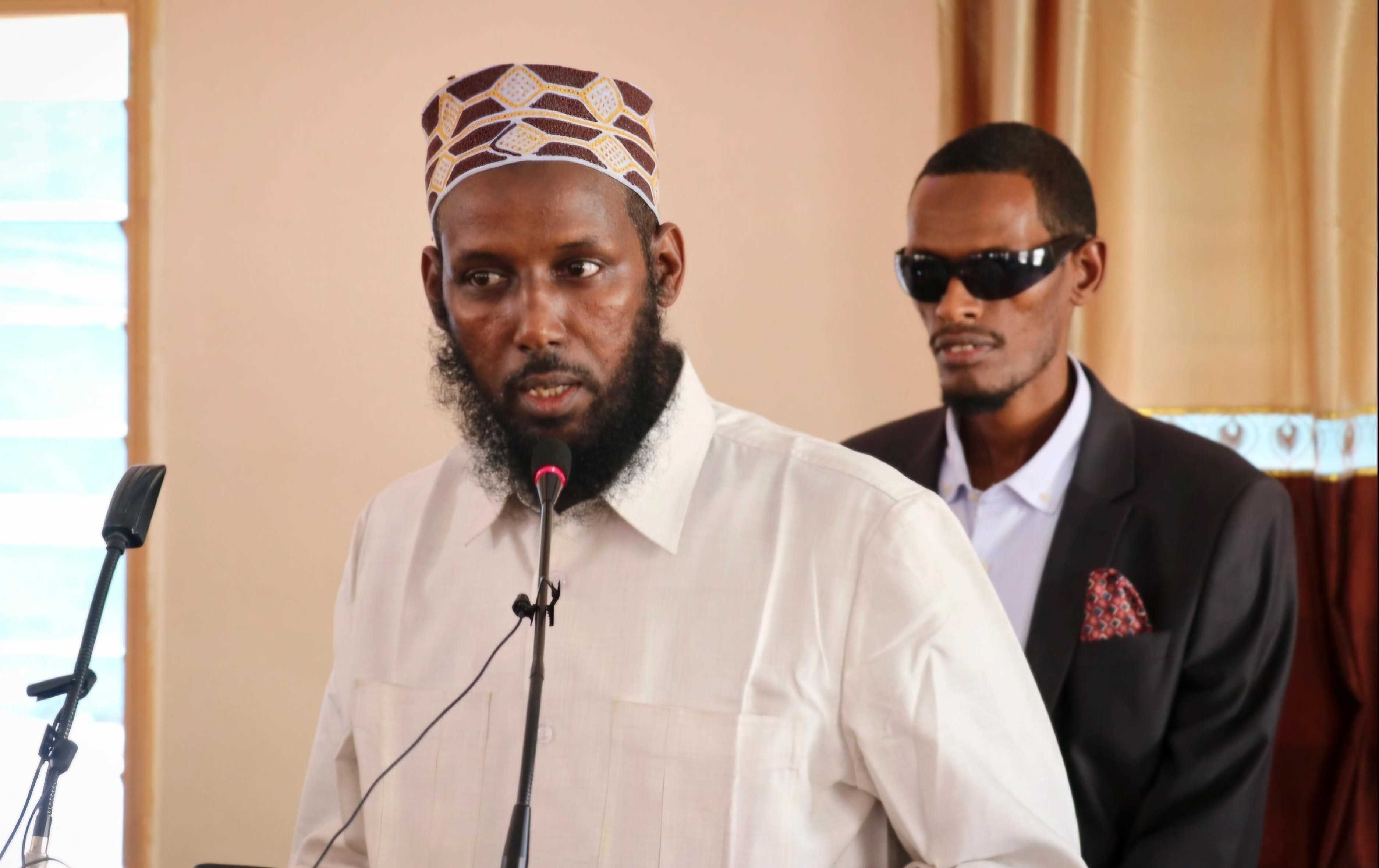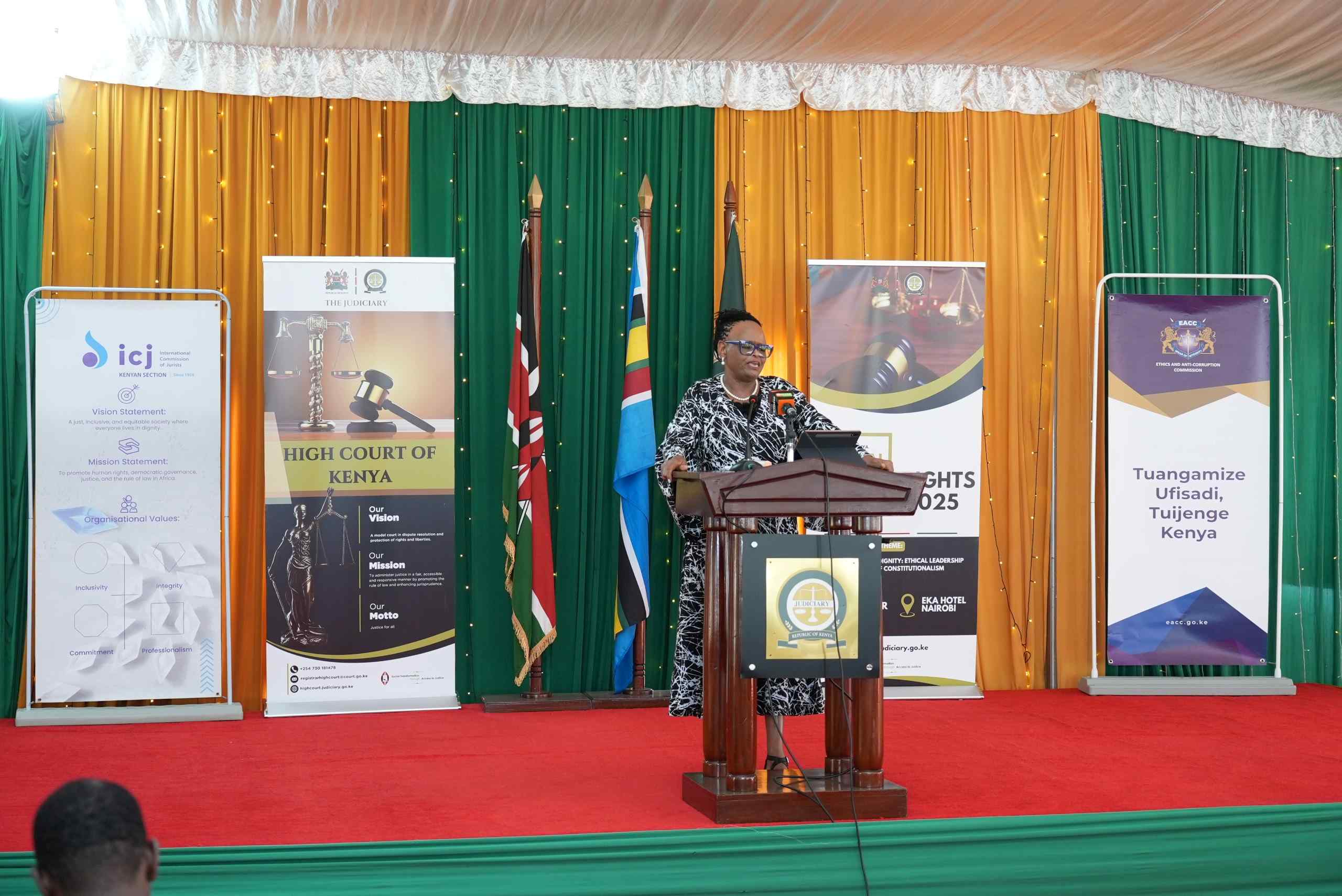Ex-chief justice Sushila Karki poised to become Nepal’s interim prime minister
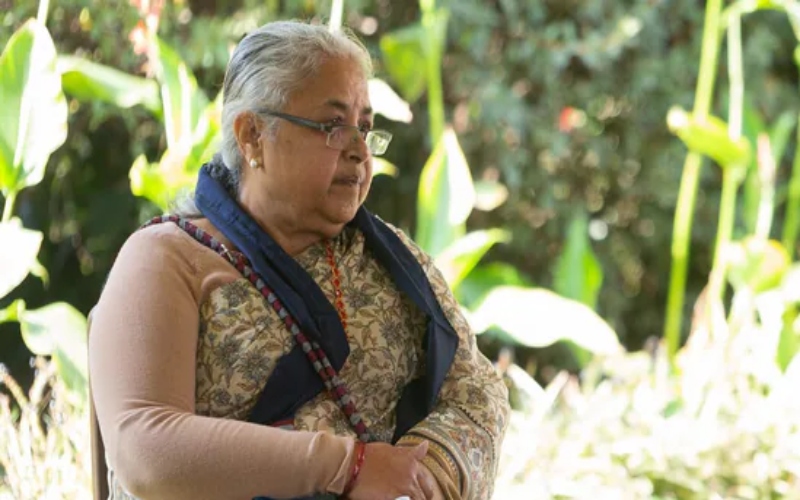
The country has been rocked by its most turbulent week in years, with 34 people killed and more than 1,300 injured in clashes as police tried to stop protesters enraged by a social media ban.
Nepal is on the verge of naming former chief justice Sushila Karki as interim prime minister, with sources close to negotiations saying the decision could be announced within hours after days of unrest forced the resignation of Sharma Oli.
The country has been rocked by its most turbulent week in years, with 34 people killed and more than 1,300 injured in clashes as police tried to stop protesters enraged by a social media ban.
More To Read
- Gen Z protests in Kenya: Key facts (2024-2025)
- UN human rights experts visit Kenya privately amid concerns over crackdowns, civic freedoms
- Kigame seeks court nod for private prosecutions over 2024–2025 protest abuses
- Police to deploy senior investigators as Rex Masai inquest uncovers new witnesses
- Morocco charges 2,480 in Gen-Z protests over poor governance, health and education
- Madagascar military backs protests, installs new army chief amid anti-government uprising
The restriction has since been lifted, and demonstrations eased only after Oli stepped down.
“Sushila Karki will be appointed interim prime minister,” said a constitutional expert who has been advising President Ramchandra Paudel and army chief Ashok Raj Sigdel, as quoted by Reuters.
Karki, the only woman ever to lead Nepal’s Supreme Court, is expected to be confirmed following a morning meeting at the president’s residence. A youth activist involved in the process said the announcement was likely at 9:00 am (0315 GMT).
She is the only woman to have held the position, serving from July 11, 2016, until her retirement on June 6, 2017.
On April 30, 2017, an impeachment motion was filed in Parliament against Karki by the Maoist Centre and the Nepali Congress, following the Supreme Court’s decision to overturn the government’s appointment of Jaya Bahadur Chand as chief of police in favour of Navaraj Silwal.
The motion was later withdrawn after widespread public criticism and an interim order by the Supreme Court directing Parliament not to move forward with the process.
In September 2025, after the Nepalese Gen Z protests led to the resignation of Oli, protestors voted online to support Karki as interim prime minister. She accepted the backing.
The president’s office and the army have yet to respond to requests for comment on the appointment, which comes amid mounting demands for fresh leadership from the Gen Z protest movement.
Karki was born on June 7, 1952, in Shankarpur, Nepal, the eldest of seven children. She studied at Tribhuvan University, completing a Bachelor of Arts degree from Mahendra Morang College in 1972.
She then pursued political science at Banaras Hindu University in India, earning a Master’s degree in 1975. Karki returned to Tribhuvan University and obtained her law degree in 1978.
By 1985, Karki was teaching as an assistant lecturer at Mahendra Multiple Campus, Dharan. She took part in the 1990 People’s Movement against the Panchayat regime and was jailed in Biratnagar during the uprising. Her experiences later inspired her novel Kara.
She became a senior advocate at the Nepal Bar Association in 2008 and was appointed an ad hoc Justice at the Supreme Court in January 2009, gaining permanent status the following year.
Following the retirement of Chief Justice Kalyan Shrestha in April 2016, Karki was recommended for the post by the Constitutional Council.
She served in an acting capacity until July, when a parliamentary hearing confirmed her appointment. Known for her strict stance against corruption, she became Nepal’s first female chief justice.
Her tenure was marked by conflict with political leaders after the Court overturned the appointment of Jaya Bahadur Chand as police chief.
In April 2017, the Nepali Congress and CPN (Maoist Centre) filed impeachment proceedings against her, which led to her automatic suspension. In May 2017, Justice Cholendra Shamsher Rana issued a Supreme Court stay order halting the impeachment process.
Under public pressure, the motion was eventually withdrawn. Karki retired on 6 June 2017, upon reaching the mandatory retirement age of 65.
Nepal, caught between India and China, has faced repeated bouts of political instability since the monarchy was abolished in 2008. With scarce opportunities at home, millions of Nepalis continue to work abroad and rely on remittances to support their families.
By Friday, signs of calm were visible in Kathmandu. Shops reopened and traffic returned to the streets, while police officers switched back to batons from the firearms they carried earlier in the week.
Some roads, however, remained blocked, and soldiers were still patrolling, though their numbers were visibly reduced.
Top Stories Today




